The Hakka people were one of the earliest non-aboriginal groups to arrive in Taiwan, and there is a saying that the first Hakka people followed Zheng ChengGong, a Japan born Chinese Ming loyalist better known as Koxinga in the west known for resisting the Qing conquest of China in the mid-17th century.
Koxinga gained notoriety for the ferocity with which he fought the Qing forces on China’s southeastern coast, and across the ocean to Taiwan around four hundred years ago.
In his wake, a number of Hakka settlements from Guangdong, and Fujian migrated to Taiwan making the Hakka people one of today’s major ethnic groups on the island.
They are today widely distributed around the counties of Hsinchu, and Miaoli, with sizable numbers of Hakka also found in the Zhongli District of Taoyuan City near Taipei, and Meinong District in Kaohsiung, as well as in Pingtung County.
Smaller numbers can be found in Hualien County and Taitung County on the east coast.
And today, different life experiences have created a different Hakka culture, with the descendants of early settlers still maintaining traditional cultural aspects of their past such as the food / drink culture of ‘Lei-cha.’
Lei-cha is different to other types of Taiwanese tea, in that it uses different ingredients, and the process of making the tea is also not the same.
The origins of this food/drink culture are said to come from the Hakka’s spirit and personality.
Hakka people have always been known for their spirit of endurance, diligence, and bravery.
There is a common belief too that Hakka people are thought to be engaged in some sort of ‘hustle’, in a bid for a better life, and so work hard to make sure they can get the best and most diverse ingredients for this drink.
Beipu Old Street, in Hsinchu was the largest Hakka linked cultivation area in the north of Taiwan in the Qing dynasty, and its first established temple, Citian temple is a remnant from that time.
Over the years the temple recorded the arrival and cooperation between settlers from Fujian and Guangdong and the dispelling of confrontations between different groups.
The old street remains in front of the temple, and has now become a famous spot to learn about and enjoy Hakka culture and DIY Lei-cha experiences.
Lei-cha is combo-drink/snack used by Hakka people to treat guests. “Lei” means grinding using ceramic bowls – and ‘cha’ is commonly translated as tea.
Making Lei-cha is an interesting experience. It is not that hard to do, but can raise a sweat, and you can also find lots of DIY shops offering the experience around Beipu’s Old Street.
To make lei cha, first, you need to put the ingredients such as sesame seeds, peanuts et al (different shops, families, and areas have their own preferred combinations) into a specially-made mortar and grind the ingredients into a paste as fine as butter. Just make sure they are diced into small pieces at the start and it will be easier.
Then pour hot and cold water constantly over the mix and keep stirring.
The tea can be drunk directly, or can be added to rice, and eaten with vegetables or even dried radish!
Lei-cha like other forms of tea is also considered to have health-care and disease-preventing effects, which may be related to the fact that the ingredients not only have high nutritional value, but also help absorption after grinding.
When we consider the historical background of the Hakka people’s migration to Taiwan and elsewhere, we can see why Lei-cha became such an important aspect of their traditions: during migrations the materials used can be easily stored, and are easy to mix together, and even easier to produce into the finished version – just add water.
And there is perhaps no better place in Taiwan than Beipu Old Street at which to experience this aspect of Hakka culture.
When there you can also try some local street food such as Hakka rice cakes, or herbal cakes with sliced radish.
Traditional Hakka flat noodles can also be found in a number of restaurants and are served in soup or dried form.
Hakka people have long played an important role in Taiwanese history, so take a day out and visit Beipu one weekend – a truly eye-opening link to an ancient culture and practices!
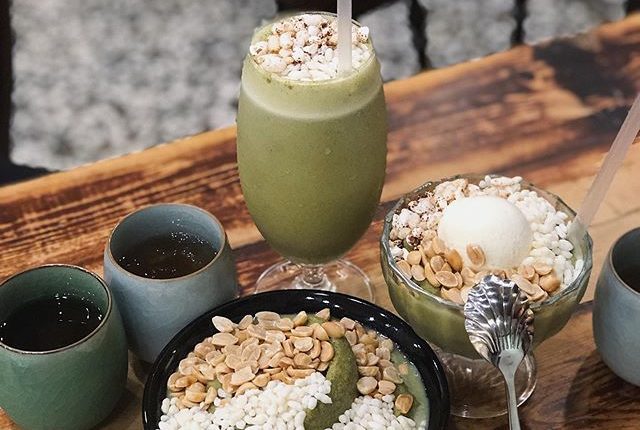

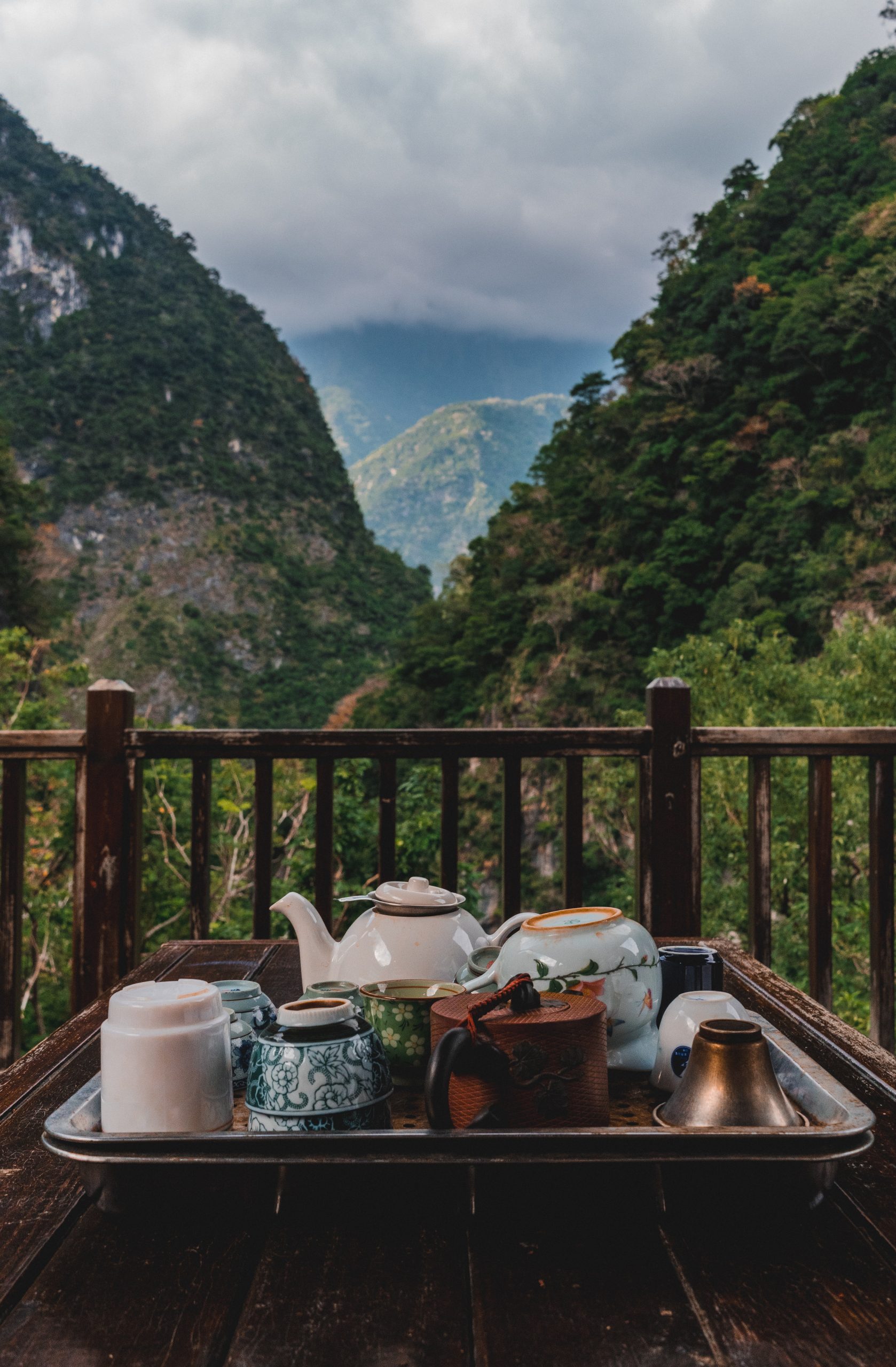
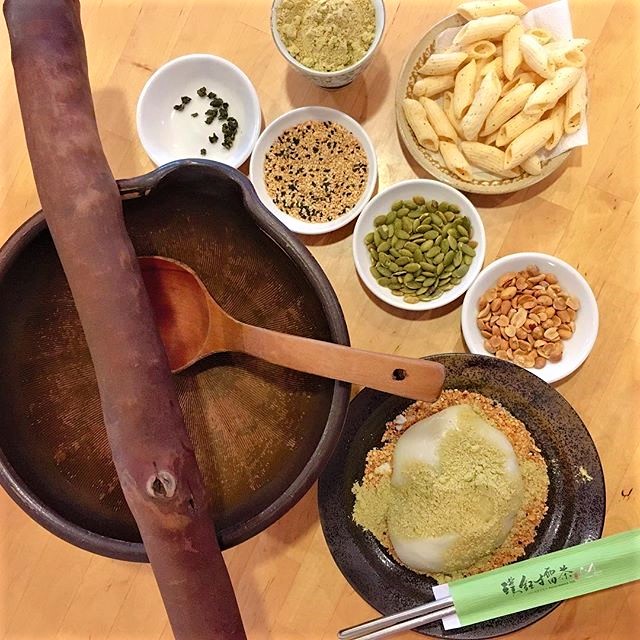
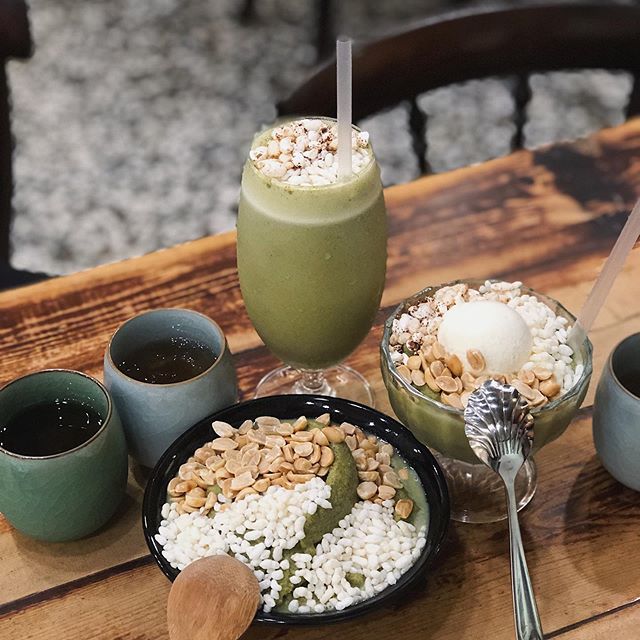
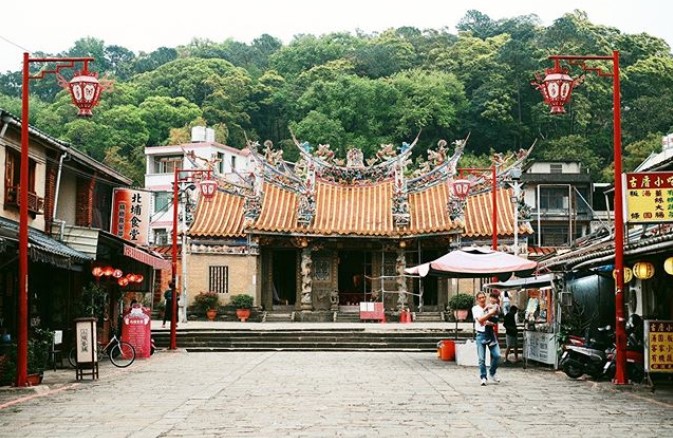








Comments are closed.